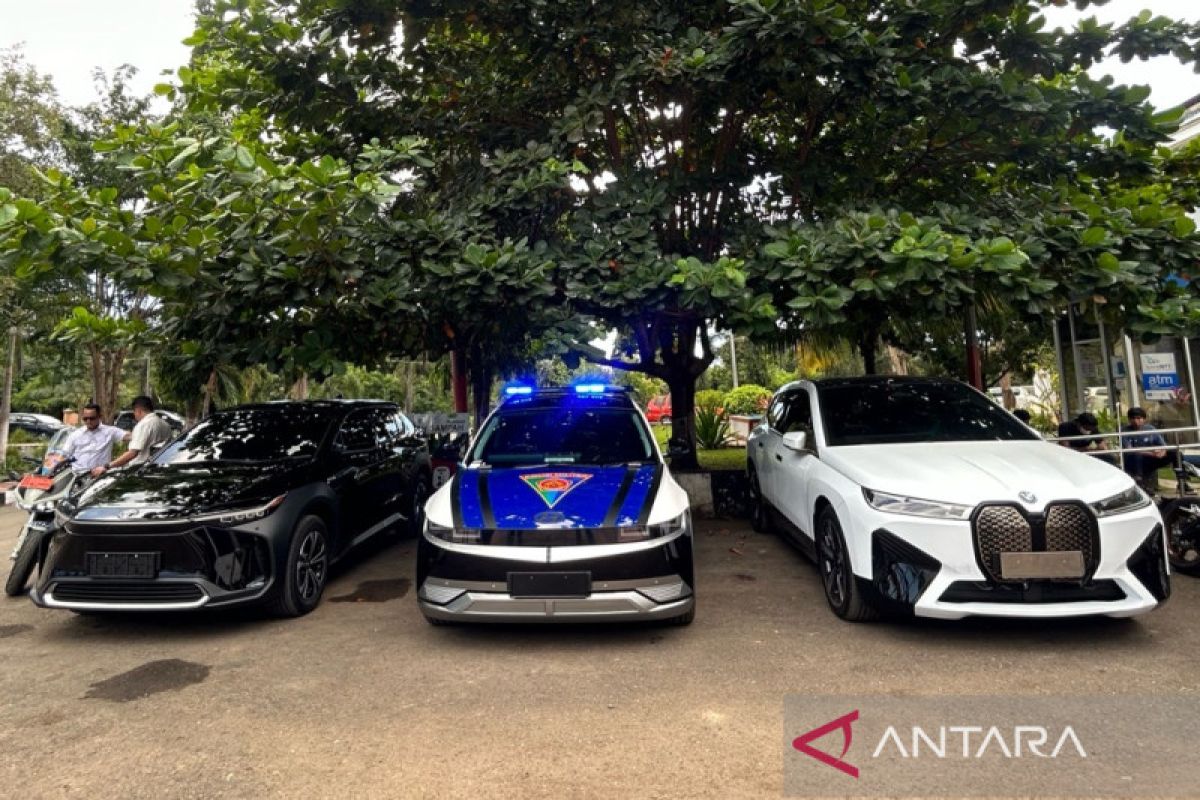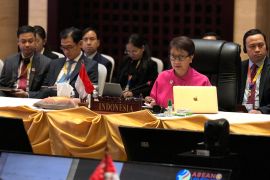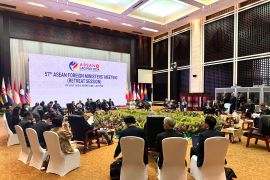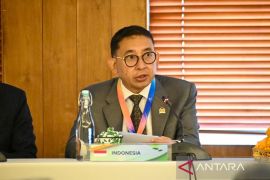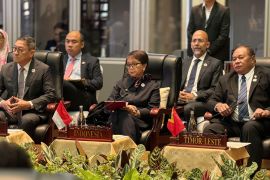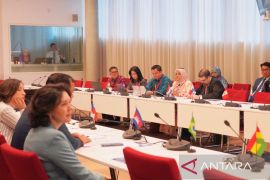"The cooperation such as improving infrastructures and charging stations, creating an enabling business environment and investment climate to attract investment, including public-private partnership, optimizing the production and use of sustainable materials and resources to achieve higher value in the electric vehicle supply chain in the region and enhancing the participation of micro, small, and medium enterprises (MSMEs)," said the ASEAN leaders in a joint statement, which was posted on the official ASEAN Secretariat website on Wednesday.
They further said that such cooperation could involve collaborating on research and development activities and human capital development, promoting investment opportunities and raising public awareness, properly managing environmental impacts, strengthening regional energy security, promoting the use of renewable energy in the mobility sector, phasing out conventional internal combustion engines and introducing zero emissions vehicles gradually, including electric vehicles, and addressing the financing agenda to support the development of the electric vehicle ecosystem in the region.
The ASEAN leaders reaffirmed their commitment to the United Nations Framework Convention on Climate Change and the Paris Agreement for reducing greenhouse gas emissions.
They also recognized the different levels of economic development and the variety of national policies and measures relating to electric vehicles amongst ASEAN member states.
The leaders acknowledged the high demand in the transportation and automotive sector for supporting economic growth and the role of electric vehicles in reducing greenhouse gas emissions and supporting the decarbonization agenda.
They affirmed the significant role of electric vehicle adoption in ASEAN's efforts to reduce greenhouse gas emissions, accelerate the energy transition, decarbonize the land transport sector in the region, achieve the net-zero emission targets (NZE), and improve energy security in each ASEAN member state and in the region.
They committed to developing a regional electric vehicle ecosystem involving all ASEAN member states as well as building ASEAN as a global production hub for electric vehicles to support sustainable economic growth in the region.
In addition, they committed to encouraging the harmonization of regional standards for the electric vehicle ecosystem as well as training and certification based on international standards.
Related news: Need to develop EV ecosystem in ASEAN: minister
Related news: ASEAN members to finalize agreement on EV ecosystem: minister
Translator: Asri Mayang Sari
Editor: Rahmad Nasution
Copyright © ANTARA 2023
